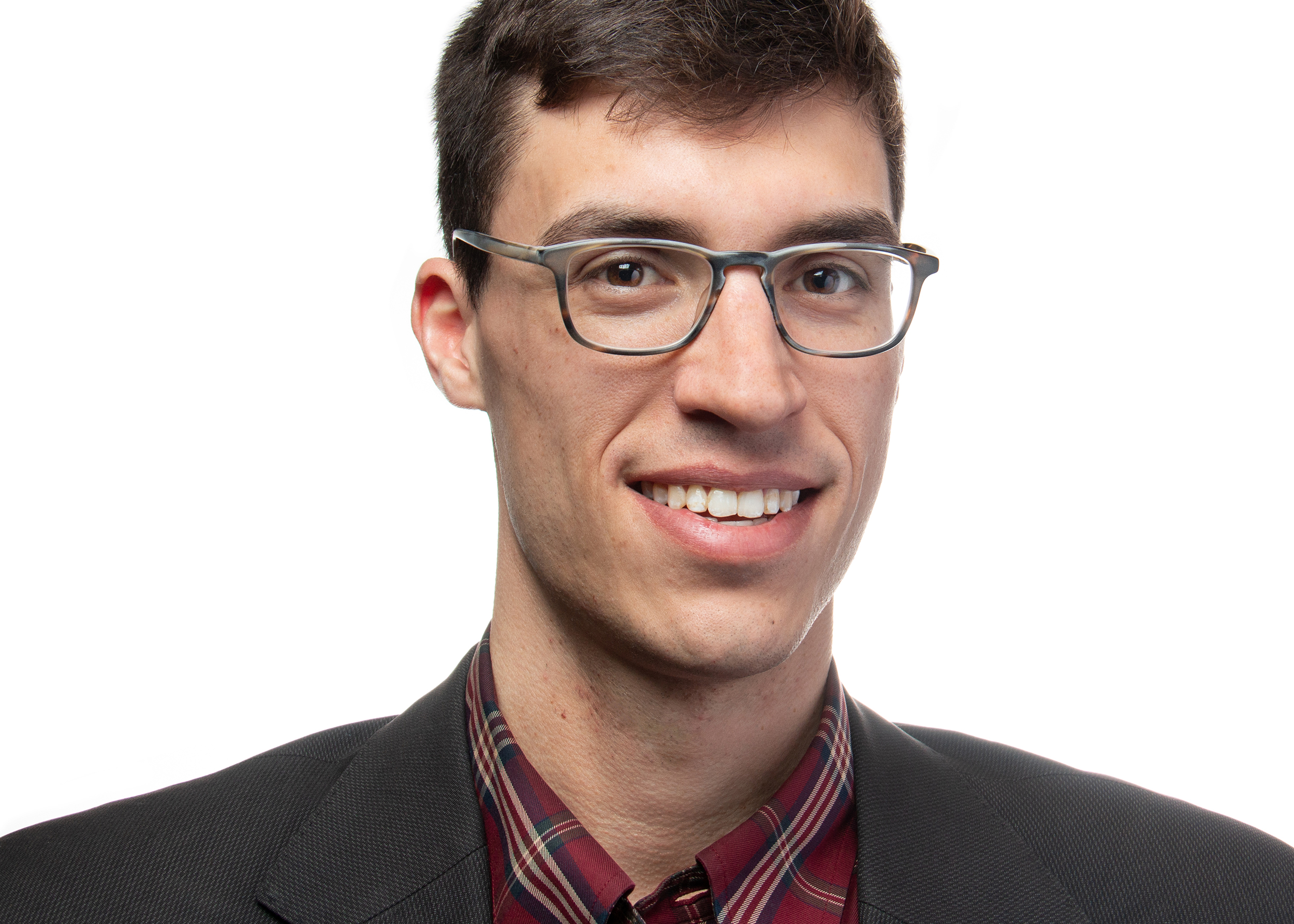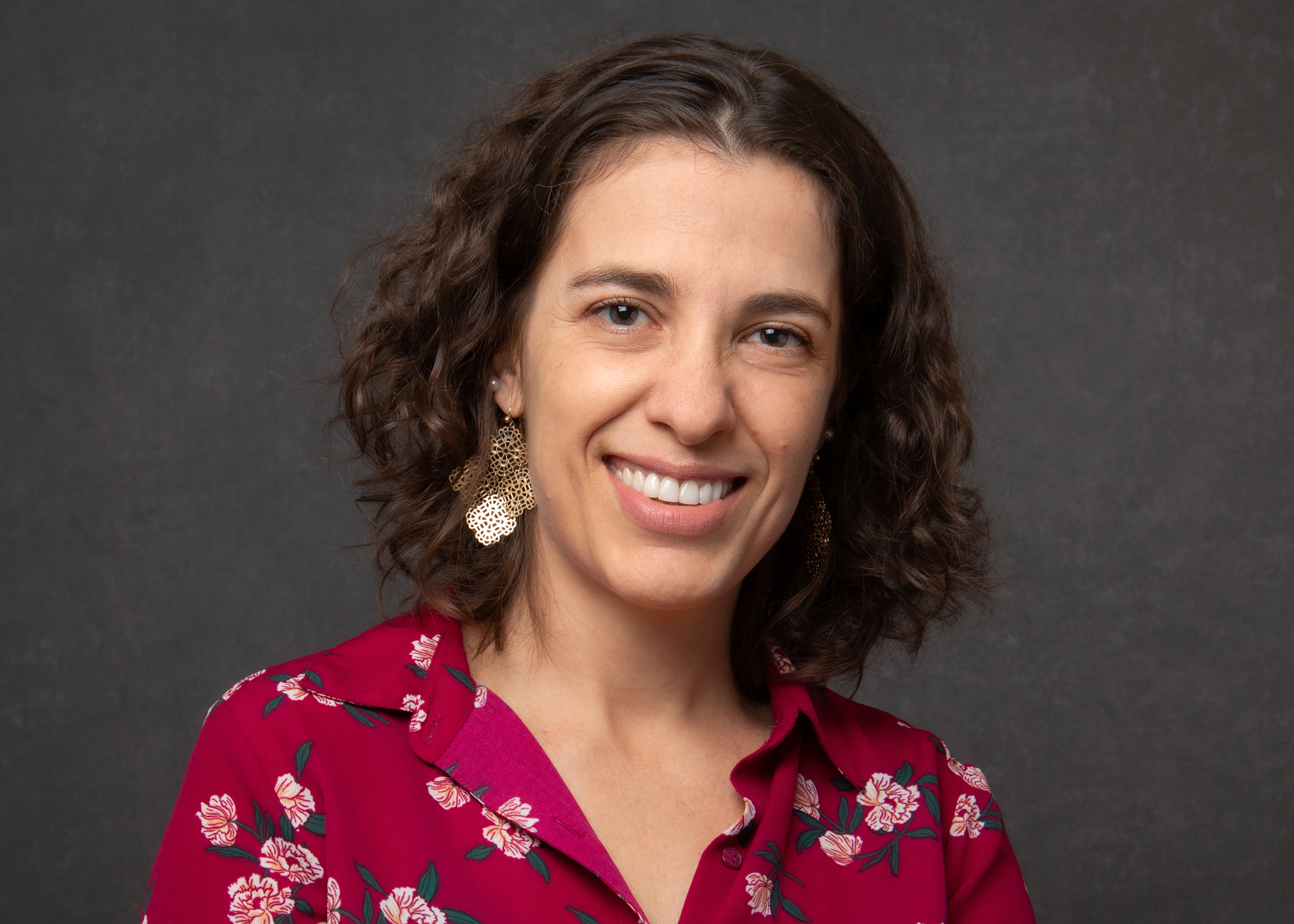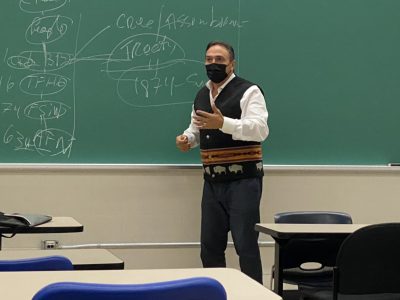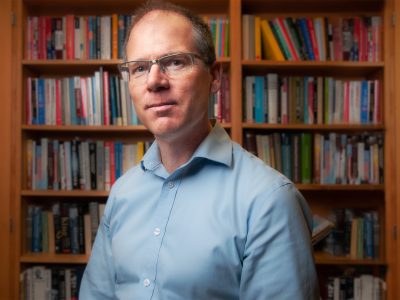By Karen Kelly
Photos by Bryan Gagnon
The spectre of Russian interference in the 2016 U.S. presidential election affected the American political landscape for years afterwards. Scholars, meanwhile, are seeking to place the intervention within its historical context as only one of hundreds such interventions that have occurred over time. As part of his doctoral research in the Norman Paterson School of International Affairs (NPSIA), graduate student Marshall Palmer asked a different question: how often do such interventions ‘work’ from the perspective of the intervener?
To answer this, he pored over declassified CIA and KGB archives and assessed over 30 cases of such interventions carried out by the U.S. or the Soviet Union. “One of the most surprising findings I’ve found is that most of the time, the interveners got what they wanted,” says Palmer.
One example he used to illustrate his point was U.S. intervention in the 1962 and 1963 Canadian federal elections at the height of the Cold War. Palmer described this intervention by the United States at the recent online Emerging Perspectives graduate conference on March 8 and 9, hosted by the Faculty of Public and Global Affairs.
“Those two elections were among the most influential elections in Canadian history. They were about Canada’s status as a nuclear power, our role within NATO and as an American ally. Most broadly, these elections were about Canadian identity and what nationalism in Canada would look like as the British empire receded from view,” says Palmer.

Marshall Palmer
According to historical records, President John F. Kennedy wanted Canada to establish long-range anti-aircraft Bomarc missiles with a nuclear payload on Canadian soil. While Prime Minister John Diefenbaker purchased the missiles, he did not accept the nuclear capability. Liberal leader Lester B. Pearson was not keen on nuclear weapons but, by contrast, he saw their political advantage. In the lead-up to the 1963 election, he advocated that Canada accept this capability. According to Palmer, Kennedy liked Pearson and began taking steps to damage Diefenbaker and promote Pearson.
“My own read of the documents is that Kennedy fostered an environment where subordinates felt confident to undermine the Diefenbaker government, and that Kennedy hustled his press contacts to disparage Diefenbaker,” says Palmer, who worked at NATO’s military headquarters in Belgium before pursuing his PhD. “That said, Diefenbaker made some key mistakes of his own, which Kennedy and his team easily exploited.”
In the end, Pearson’s Liberals won the 1963 election. That December, Bomarc missiles stationed in Ontario and Quebec were armed with American nuclear warheads.
As part of his presentation at Emerging Perspectives, Palmer discussed why the Americans intervened and the effect on Canadian politics. He says the opportunity to discuss these ideas and get feedback on his research was invaluable.
“There are huge advantages to this conference: First of all, it forces you to focus and get your thoughts down in 12 minutes. That’s a great exercise,” says Palmer. “Second, it gives you an opportunity to engage with people who might approach the subject from a completely different angle.”
Palmer was one of 64 graduate students who took part in the Emerging Perspectives conference, giving them the opportunity to present their research to peers, as well as a faculty discussant. It also included professional development sessions with a panel of FPA alumni as well as a keynote address by Carleton journalism professor and former CBC journalist Nana aba Duncan.
“The Emerging Perspectives conference showcases the interdisciplinary nature of the Faculty of Public and Global Affairs,” says Jonathan Malloy, Associate Dean (Research & International) in FPA. “Panels are organized around common topics rather than disciplines, allowing students and faculty discussants from different programs to have rich interdisciplinary conversations on shared areas of interest. Only in the Faculty of Public and Global Affairs could we organize such a cohesive Faculty-wide conference.”
PhD student Flavia Alves is drawing on her career experience at the Central Bank of Brazil to guide her doctoral research in the School of Public Policy and Administration (SPPA). A former senior advisor to the bank’s deputy governor, her research project focuses on the impact of telecom technology on the banking industry.

Flavia Alves
During the COVID-19 pandemic, she says there was a huge increase in Brazil in the use of online banking versus brick and mortar institutions. Alves’ presentation shows this could lead to some policy issues, both positive and negative. While internet resources create opportunities to expand banking and ease transactions, internet quality varies across the country, which could exacerbate Brazil’s financial disparities.
Alves appreciated that her fellow presenters offered “meaningful contributions and proposed other angles to analyze the research being presented.”
“The conference offered students from across several departments at Carleton the opportunity to interact, share their research topics and in many cases analyze similar questions under different disciplines,” she says. “The event was an excellent opportunity to network and to get to know students and faculty from other departments.”
Monday, March 21, 2022 in FPA Voices, Norman Paterson School of International Affairs, School of Public Policy and Administration, Students
Share: Twitter, Facebook



